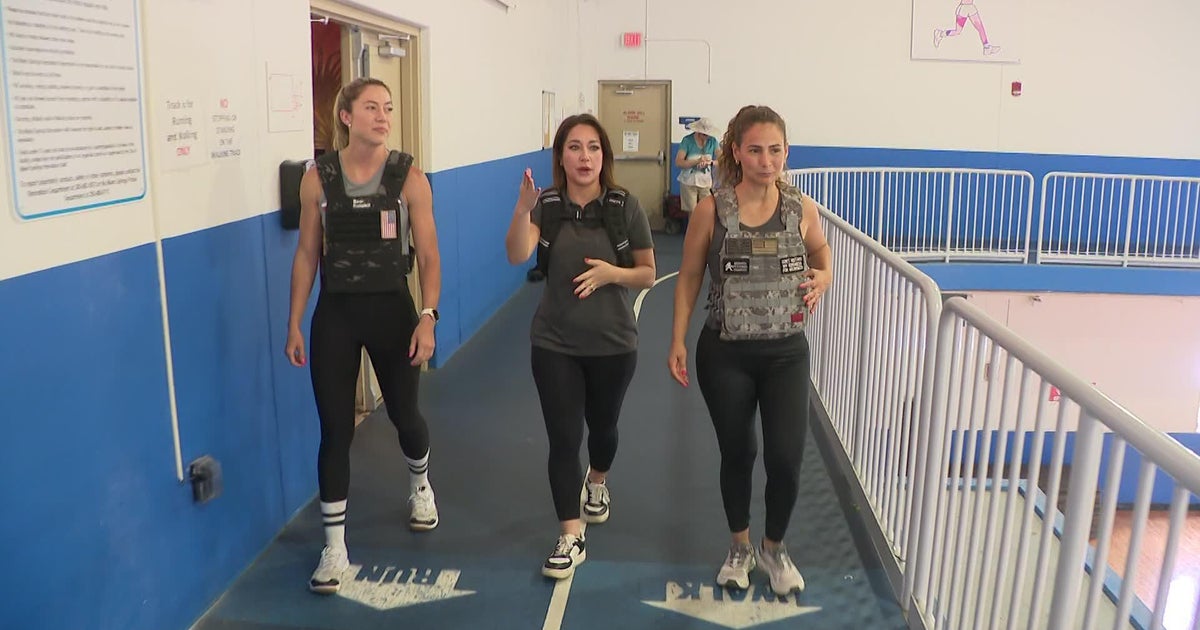Walking and working out are good for both physical and mental health, but have you considered stepping it up a notch? More and more people are adding weighted vests to their fitness routines.
CBS News Miami asked South Florida experts if the trend is worth the extra weight.
Claudia Chain and Stephanie Reynolds are among those incorporating weighted vests into certain workouts.
“It’s great for people that are maybe starting and are afraid of weight lifting because it has minimum impact,” said Chain, the owner of Springs Athletics.
“You can wear it to walk. You can wear it to climb stairs. You can wear it for lunges and then you do a progressive workout.”
“Walking with the vest has been really great for that because, for me, working out—obviously it’s great for your health and physical fitness—but the most important part to me is like mental health,” Reynolds added.
Doctor recommends caution and guidance
Dr. Edward Silverman, an orthopedic surgeon with HCA Florida Mercy Hospital in Miami, says weighted vests are gaining popularity and can be effective, if used properly.
“It’s an interesting idea,” he said. “It’s something that’s sort of become more popular recently. And there’s some good reasons that you could potentially use a vest.”
He recommends having a trainer or physical therapist guide you the first time you use one and notes the vest should not exceed 10% of your body weight to start.
“The first time you use it, it’s probably a good idea to have someone like a trainer or a physical therapist show you how to use it correctly,” Dr. Silverman said.
He also cautions that if a vest begins to affect your posture, you should stop using it.
Not just for the gym and not just for the young
The vests used by Chain and Reynolds are snug-fitting, similar to those worn by servicemembers during training, making them better suited for more intense workouts.
“Whether I’m doing the same weight as them or even if it’s just a baby weight, doesn’t matter. I’m trying to challenge myself in the same way,” said Reynolds.
Some studies suggest that weighted vests may help improve cardiovascular endurance and even support bone density, a key concern as people age.
“It shouldn’t be intimidating for beginners or if you’re older. It’s actually great for older people because it reduces the impact, so it’s not going to damage your knees or your back,” Chain said.
Though weighted vests are not medical devices and are not FDA-cleared as treatments for bone density, experts say they may be a helpful tool, when used with proper guidance. As with any fitness change, it’s best to consult a healthcare provider.



